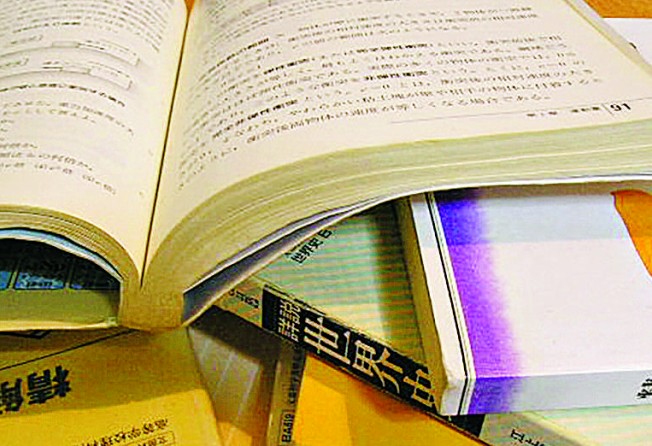Japanese schools plan to replace text books with tablets – but parents aren’t yet convinced
Tests on pupils in Tokyo’s Arakawa Ward suggest that children enjoy using electronic devices more than books.

Instead of being handed a stack of text books for their studies, children across Japan will from 2020 be given a tablet device designed to help them to visualise science experiments and hear a native speaker’s pronunciation of a foreign language.
And while pilot programmes have indicated that digital learning has many benefits, there are some – including many parents – who are concerned that the long-term implications of such early and extensive exposure to digital technology are not fully understood yet.
The devices are being introduced at primary, junior high and senior high schools on the recommendation of a panel of experts set up by the education ministry.
The experts’ report suggests that traditional textbooks continue to serve as the main method of teaching, although it is likely that books will eventually be phased out as the technology expands.
Tests on pupils in Tokyo’s Arakawa Ward suggest that children enjoy using electronic devices more than books, although some problems have quickly become apparent – one of which is that teachers are having problems adapting to the technology as rapidly as their students.
“I limit the amount of time my son spends watching television or playing computer games because we parents are constantly being told that it’s not good for their eyes at a young age,” said Kanako Hosomura, the mother of a young son from Yokohama.
“I’d be worried about the longer-term impact and especially suggestions that young people can easily become addicted to games on electronic devices,” she added.
The Yomiuri newspaper cited a ministry survey of PTA members in which 14 per cent expressed concern about the impact of electronic devices on children’s health.
Another concern is the cost of providing tablets to students.
The board of education in Saga Prefecture, southern Japan, has drawn up plans to cover 30,000 yen (US$290) of the 80,000 yen purchase price of devices for students, but pupils of less well-off parents may struggle to find the money.
Other local education authorities are looking into the possibility of leasing devices, at no cost to the students.